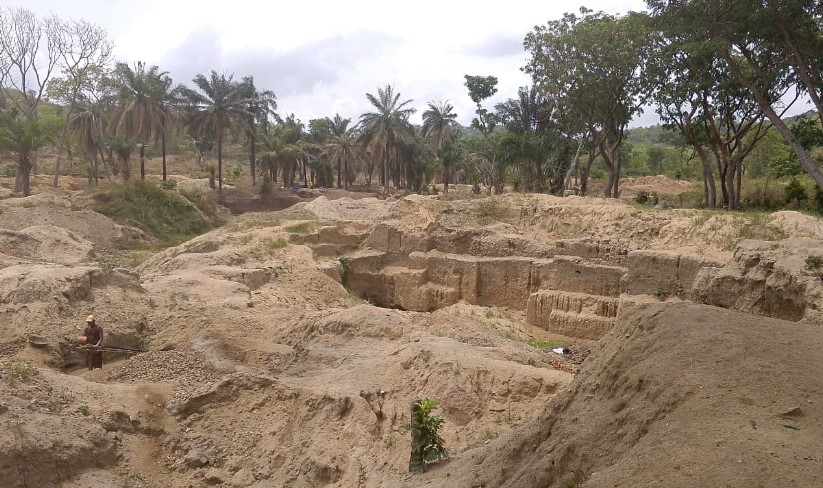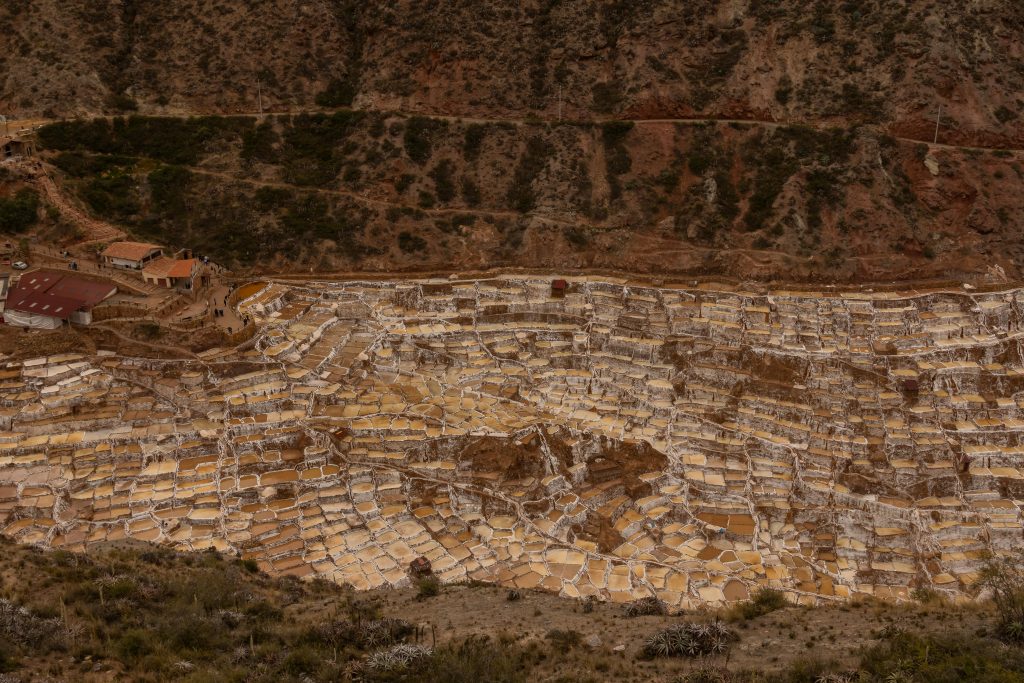Illegal mining in Nigeria has become a pervasive challenge, claiming lives and devastating local ecosystems. The recent tragedies in Plateau, Taraba, and Adamawa States highlight the severe consequences of this unregulated activity. These incidents, resulting in the deaths of young miners, underscore the urgent need for robust regulatory oversight and community intervention.

The dangers of illegal mining are multifaceted. On the human front, the collapse of poorly constructed mines leads to significant fatalities and injuries, as seen in the deaths of 13 young miners in Plateau State and over 30 miners in Taraba and Adamawa states within weeks. Victims, often from impoverished backgrounds, risk their lives in these hazardous environments for meagre earnings.
Environmental degradation is another pressing issue. Illegal mining depletes natural resources, pollutes water sources with toxic chemicals, and causes deforestation. This destruction not only disrupts local biodiversity but also jeopardises the livelihoods of communities dependent on these ecosystems.

Authorities have made attempts to curb illegal mining. The deployment of over 2,000 mining marshals is a step in the right direction, yet the scope of illegal activities demands a more comprehensive approach. The Renevlyn Development Initiative (RDI) has called for a national mining convention to prioritise community-led solutions and ensure equitable resource distribution.
For Nigeria to tackle illegal mining effectively, stricter enforcement of mining laws, collaboration with local communities, and investment in safer, regulated mining practices are critical. By addressing the root causes and fostering sustainable alternatives, Nigeria can mitigate the human and environmental toll of illegal mining.

